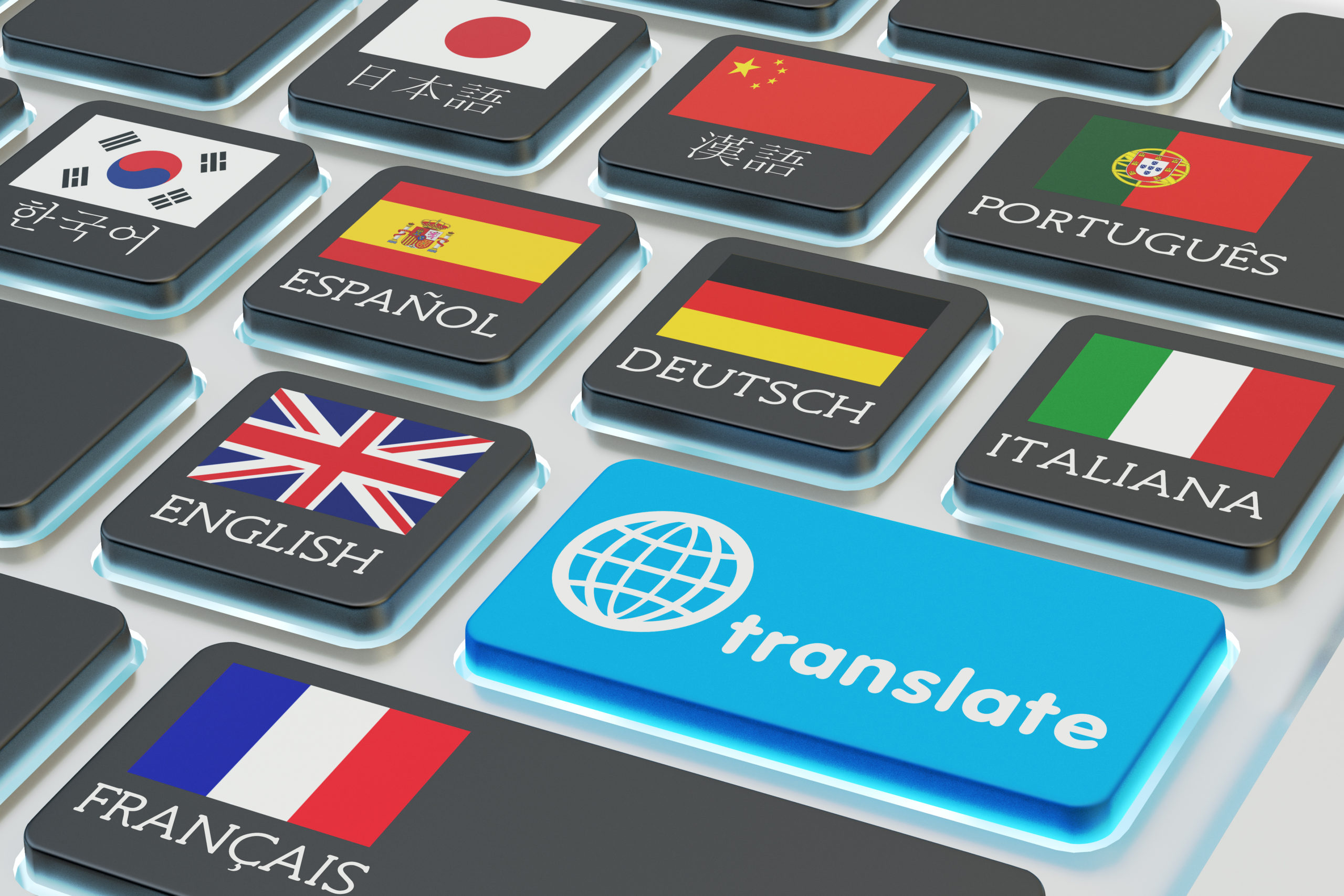Insights / News
Insights / News

Try not to get too excited, but a number of updates to the Practice Direction to Part 32 (Evidence) of the CPR came into force on 6 April 2020 – and I’m going to tell you about them. Specifically, this article will update you on the changes to the procedural requirements for foreign language witness statements, which are relevant to those of us litigating cross-border disputes. In brief, the rules now require that witness statements must be written, and statements of truth signed, in a witness’ “own language”.
The new requirements, and their respective paragraph numbers in PD32, are as follows:
The requirement that the statement of truth be in a witness’s own language is also introduced in Practice Direction 22 (Statements of Truth), at paragraph 2.4. Other changes to PD22 in respect of foreign language witness statements include the following:
The changes raise the question of what counts as a witness’ “own language”. For truly bilingual witnesses, their “own language” will surely be either of the languages that they speak fluently. What about those with a strong handle on a second language, but who do not quite meet the test of fluency? Many of us working in cross-border law will be aware that Europeans often learn second and even third languages to a very high level at school. This is an asset that many of our colleagues abroad deploy in their cross-border practice. When asking yourself whether your witness can write his statement in English, if it is his second language, I suggest that he should only do so if English is the language in which he would give oral evidence at trial.
Carin is keenly developing a cross-border element to her personal injury practice, and has drafted pleadings and appeared in court in respect of package travel claims, Odenbreit claims, and claims involving consumer contracts which the Brussels Recast Regulations apply.
She also receives instructions in flight delay, Montreal Convention, and Athens Convention claims. Carin’s clinical negligence practice compliments her international injury work and she has recently advised in two cases involving medical treatment abroad.
If you would like to discuss any of the issues covered in this article please contact Carin Hunt directly or via her practice management team; Paul Barton or Mark Gardner on +44 (0)20 7353 6381 who would be happy to have a discussion in the strictest of confidence.
News 25 Jun, 2020